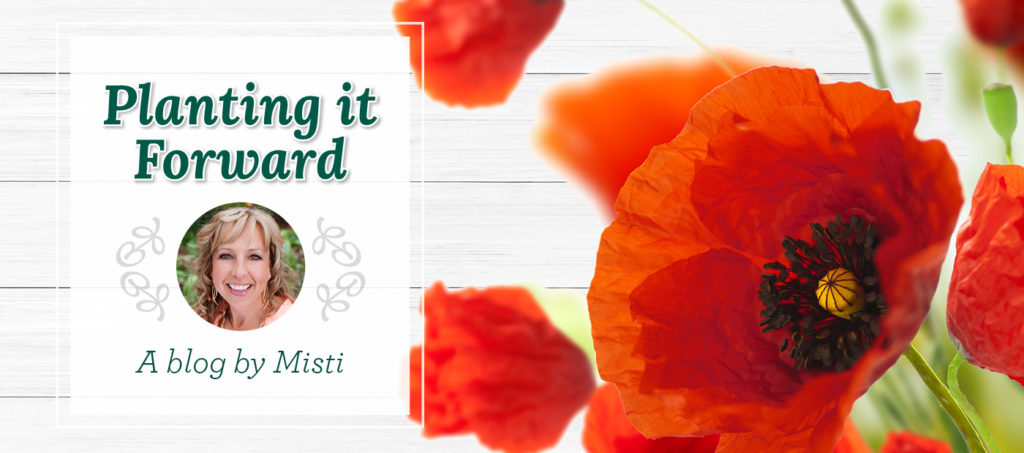
Winter weather is coming and now is the time to protect your outdoor space. We’ll be holding a special free class on winterizing on Saturday, Oct. 14 at 10 am here at Warner’s Nursery, but we also wanted to provide you with this handy checklist as you prepare for the cold weather to come.
Irrigation systems
First and foremost, you need to winterize your irrigation system. If you have a drip irrigation system, it will need to be drained for winter and the system turned off to prevent freezing. If you have a sprinkler system (with PVC pipe), the pipes should be blown out to ensure no water remains in the lines. You’ll need a compressor for that or have it done by a professional. Call Warner’s at 928.774.5911 if you would like our winterizing service or if you need some advice; we’d be happy to talk with you.
Cleanup
Winter prep also means clean up time. Rake up debris in your yard, get dead plants and old roots out of your vegetable garden and remove annual plants and debris. For perennials, cut back any unsightly plants to slightly above ground level, but leave desirable seed heads and foliage of select perennials for contrast. You’ll also want to apply two to three inches of mulch to perennial beds (and we don’t mean the fallen leaves or pine needles you’ve just cleaned up. For best results we recommend using actual mulch; it gives better protection.) You should also add a couple of inches of compost on top of vegetable garden soil.
Trees, shrubs and plants
Add fertilizer to trees, shrubs, perennials, flower beds and lawn. A great product to try is Ferti-lome’s Winterizer, which is specially formulated to help your lawn, trees, shrubs, ornamentals, and evergreens withstand the hazards of a cold winter.
For potted plants, bring in those susceptible to winter weather and insulate pots that are going to stay outside. Make sure plants are accessible for watering during the winter months and water as needed. For bulbs, it’s a mixed bag – spring blooming bulbs should be in the ground before it freezes, but tender bulbs like Cannas and tuberous begonias (any bulb that can survive zone 9 and below) should be gently dug up and stored in vermiculite.
Remember to water your trees and shrubs. The snow may make it feel like they are getting watered, but we live in a dry area and most years there isn’t enough moisture to sustain trees and shrubs properly. (And yes, we’ve suggested you turn off your irrigation system for the winter, so this does mean bundling up and hand watering.) Also, it’s a good idea to apply about two to three inches of bark mulch for trees, leaving space around the tree trunks, and also apply mulch to the cane on roses and shrubs.
Water features and tools
Protect or bring in water features like bird baths and fountains (after draining and cleaning them!) and any garden furniture that shouldn’t be left out in the harsh weather.
If you have a pond, give fish needed vitamins for hibernation; bring the pump & filter indoors; drain the excess water out of the lines and clear away any debris.
Finally, this is a great time to clean and oil your wooden and metal tools, and drain the gas from power tools you’ll be storing.
Enjoy the winter weather, and know with these steps you are not only maintaining your garden, but also laying the groundwork for a beautiful outdoor space next year. If you have any questions, please give us a call!
Happy Gardening,
Misti